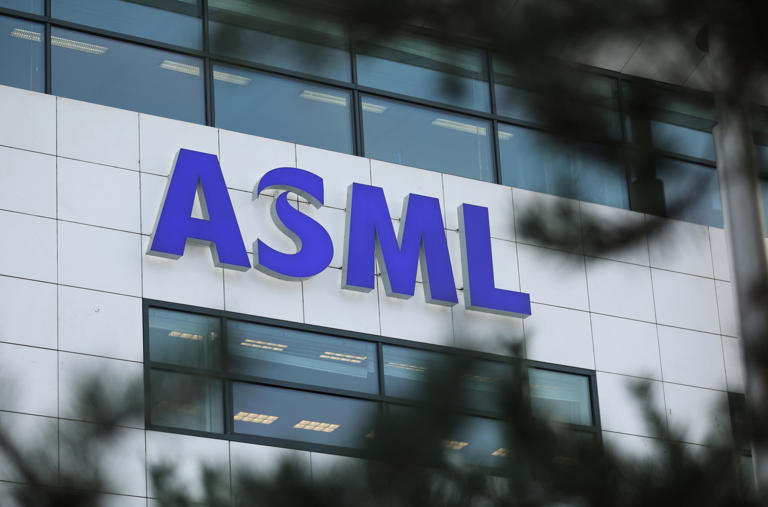The recent revelation that chip makers ASML and TSMC possess the capability to remotely disable their most advanced chipmaking machines in the event of a Chinese invasion of Taiwan has sent shockwaves through the global semiconductor industry, amplifying concerns over the geopolitical tensions surrounding the region. This move, referred to as a “kill switch,” serves as a stark reminder of the intricate interplay between technology, geopolitics, and national security, with far-reaching implications for global supply chains and economic stability.
At the heart of this development lies Taiwan, a tiny island nation that punches well above its weight in the world of semiconductors. As the epicenter of semiconductor manufacturing, Taiwan plays a pivotal role in the production of critical components used in a wide array of electronic devices, from smartphones and laptops to data centers and automotive systems. TSMC, in particular, stands out as a global leader in chip fabrication, producing a significant portion of the world’s most advanced processor chips.
The prospect of a forced shutdown of ASML’s chip-making equipment underscores the strategic importance of Taiwan in the semiconductor supply chain and the potential consequences of any disruption in production. With semiconductor chips serving as the backbone of modern technology, any disruption in their supply could have cascading effects across industries, impacting everything from consumer electronics to telecommunications infrastructure and national security systems.
The backdrop to this development is a backdrop of escalating tensions between the United States and China, fueled by competing geopolitical interests and strategic ambitions. The United States, citing national security concerns, has implemented a series of measures aimed at restricting China’s access to advanced semiconductor technology, including export controls and sanctions targeting Chinese tech firms. These measures reflect growing concerns over China’s technological ascendancy and its implications for global security and economic competitiveness.
Meanwhile, China’s claims to sovereignty over Taiwan have further heightened tensions in the region, raising fears of a potential military conflict that could disrupt global trade and destabilize financial markets. Against this backdrop, ASML’s assurance of the option to remotely disable its chip-making machines underscores the seriousness of the situation and the need for proactive measures to safeguard critical infrastructure and mitigate risks.
The implications of a potential conflict in the Taiwan Strait extend far beyond the realm of technology, with significant geopolitical and economic ramifications at stake. A military confrontation between China and Taiwan could disrupt vital sea lanes, disrupt global supply chains, and trigger a humanitarian crisis, with ripple effects felt across the Asia-Pacific region and beyond.
In response to these challenges, chipmakers and governments alike are exploring strategies to enhance resilience and mitigate risks in the face of geopolitical uncertainty. TSMC’s efforts to diversify production with new facilities in Arizona, Japan, and Germany reflect a broader trend towards geographic diversification and supply chain resilience, aimed at reducing dependence on any single region or supplier.
Meanwhile, the United States is stepping up efforts to bolster domestic chip manufacturing through initiatives like the CHIPS Act, which provides incentives for research, production, and workforce development in the semiconductor industry. However, the complex and interconnected nature of global supply chains means that the semiconductor industry is likely to remain heavily reliant on Taiwanese manufacturing for the foreseeable future, underscoring the need for continued collaboration and coordination among stakeholders.
As tensions continue to simmer in the Taiwan Strait and geopolitical rivalries play out on the world stage, the semiconductor industry finds itself at the nexus of competing interests and conflicting agendas, navigating a delicate balancing act between economic imperatives and national security concerns. The ability of chip makers like ASML and TSMC to remotely disable their equipment underscores the high stakes involved and the imperative of proactive risk management in an increasingly uncertain world.
